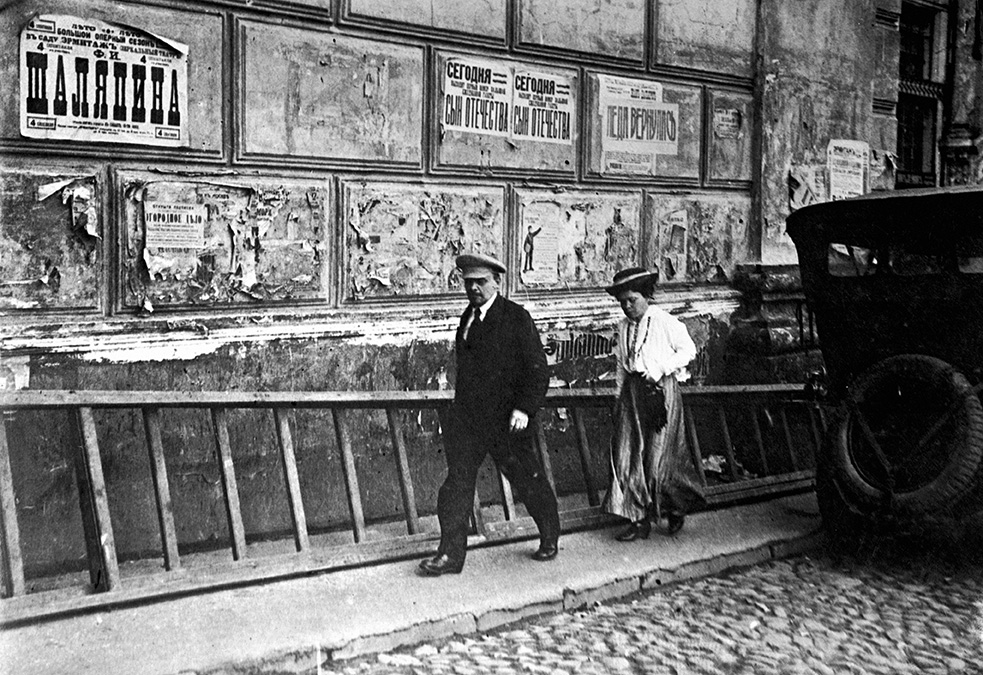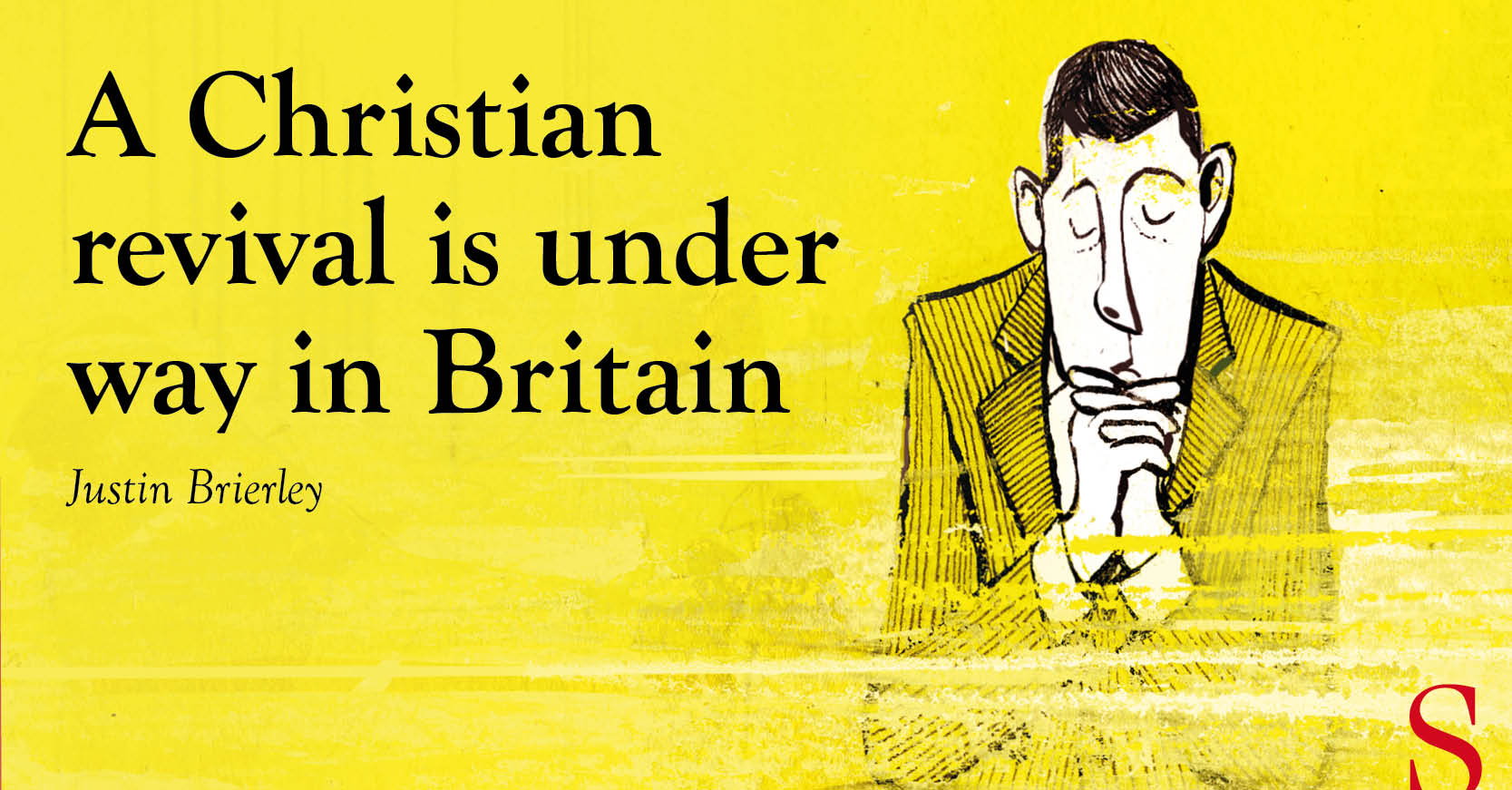




In a thought-provoking article by Michael Brenes in Jacobin magazine, he discusses the legacy of Cold War liberalism and its impact on contemporary politics. Brenes explores Samuel Moyn's book 'Liberalism Against Itself,' which delves into how prominent liberal thinkers during the Cold War era abandoned the Enlightenment's ambitions for a society of real freedom and equality. Cold War liberalism, driven by fear of communism, shifted the focus away from the ideals of progress and perfectionism that were central to the Enlightenment. This shift had long-lasting consequences that continue to warp US politics today.
Brenes argues that the preoccupation with autocracy and the emphasis on individual acts of resistance in the face of the Trump presidency have distracted liberals from addressing the internal sources of democracy's decline. Issues such as climate change, economic redistribution, and social injustice have been overshadowed by the fear of authoritarianism. He suggests that a better form of liberalism is needed, one that rejects the Cold War past and embraces a vision of human perfectibility. However, Brenes questions whether such a liberalism can truly exist and whether it can overcome the lingering effects of Cold War liberalism.
The article concludes by emphasizing the importance of including the Left in the revival of liberalism. It highlights the need for a liberalism that appreciates Marx's critique without discarding liberalism's contributions to political rights and free speech. By incorporating the insights and perspectives of the Left, liberalism can undergo a meaningful transformation and address the pressing challenges of our time.
This article adds another layer to the ongoing discussions about the decline of Western civilization, the role of Protestantism, the emergence of a Christian revival, and the connection between Protestantism and liberalism. It provides a critical analysis of Cold War liberalism and its impact on contemporary politics, shedding light on the need for a reimagined liberalism that addresses the internal sources of democracy's decline and incorporates a broader range of perspectives.
In a related article by Logan Williams in Morning Star Online, the relevance of Lenin's thinking in the current era of economic and climate crises and war is discussed. The article highlights the economic decline in Britain, the impact of neoliberalism, and the need to run public services for people, not profit. It also addresses the climate crisis and the role of the ruling class in fueling wars and interventions. The article emphasizes the importance of understanding the capitalist system and learning from Lenin's theories to effectively oppose these crises. It mentions the Lenin 100 series of events in Britain to commemorate Lenin's ideas and urges readers to actively engage with socialist theory and join the struggle for peace, land, and bread.
The integration of Lenin's ideas into the discussion of Cold War liberalism and contemporary politics provides a broader perspective on the challenges faced by societies today. It highlights the need for a critical analysis of the capitalist system and the exploration of alternative ideologies to address the pressing issues of economic inequality, climate change, and war. By examining the legacies of both Cold War liberalism and Lenin's theories, it becomes evident that a comprehensive and inclusive approach is necessary to navigate the complexities of the modern world.
[e6fa3329] [bcb72ade] [24ac38c6] [954f71a9] [31328718]